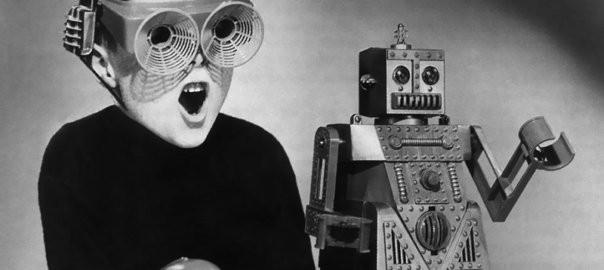Welcome to the Future Predictor
Welcome to Future Predictor!
So, do we here at Future Predictor really claim to be accurate predictors of the future? Yes and no. We certainly don’t have a 100% accuracy rate, and you certainly don’t want to place bets on what we say. However, we have a wealth of experience in a variety of fields, are open-minded, self-aware of our biases, and have great interest in studying past trends. So while we aren’t close to perfect, we do much better than the average “man on the street.”
Cast your mind back across the turbulent events of recent history. Did you foresee President Obama’s election before he was even elected as a Democratic candidate — or did you back Hillary Clinton? How about the Arab Spring — could you hear the revolution in the first tremors of dissatisfaction? And did you faithfully predict the recent Ukraine crisis?
If you answer yes to these questions, you could be a “super-forecaster” — someone who is able to foresee the outcome of world events with astonishing accuracy. This has nothing to do with the reading of tea leaves; nor do you have to be a seasoned political pundit. Some super-forecasters are just everyday people, from all walks of life, who happen to have astonishingly perceptive judgements. This type of person is exceedingly rare. Still, it is possible for “everyday” people to become better predictors of future events or technologies.
One way to predict the future is to realize that it takes a very long time — usually over 10 years — to get a technology out of the research lab and into everyday life. It’s very difficult to get brand new ideas out in less than a decade; in the case of the transistor, it took almost 25 years. No matter what you do, it may take several companies, several different groups of people, several different areas of venture capital funding and more before you get something back. With that in mind, if you hear about a very new technology, it’s a safe bet that not much can become of in the very short term. So it’s probably not a safe bet to predict that some world-changing technology is “about” to become real, if you first heard about this technology six month or one year ago.
As far as predicting the future, that makes it really nice, because it means that a lot of the future that we’re going to have to contend with is sitting in someone’s research lab right now. And, by simply going around and looking in the right places you can get a tremendous ideas of the kind of things that are going to happen. You just have to remember that you can’t be too specific about the time-frame for when this future change will occur. It certainly may well arrive, you just don’t know exactly when.









